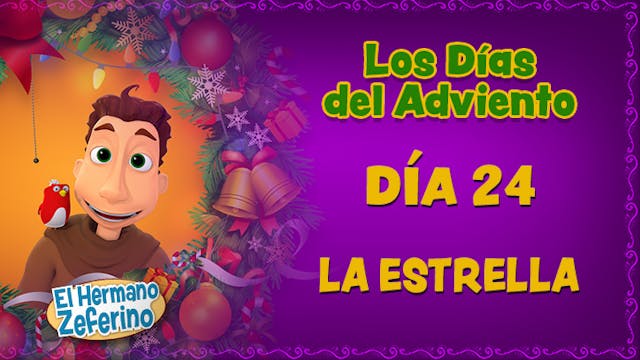Why Do I Need an Estate Plan?
Most Popular
•
2m 9s
There are medical and financial responsibilities we must plan to take care of in the event we become mentally or physically incapacitated, or after our death.
If we pass away without a will, state laws govern how our estate is dispersed—this is called intestate probate. Without an estate plan, our family members, the courts, and local state statutes determine what happens to our assets after death.
If we’d like to have control over who manages our estate and where our assets go, it’s best to prepare an estate plan. Creating an estate plan also allows us to nominate guardians for minor children or a spouse, sibling, or another family member unable to care for themselves. Without a plan, someone must apply to the courts to become a guardian.
“The probate process can be arduous. You want to make sure to have these things laid out ahead of time as much as possible to make it easy on your family.”
The more instructions we can prepare ahead of time, the easier the legal process is for our loved ones.
Up Next in Most Popular
-
San Pedro: Pescador de Hombres
Valparaíso, conocida como la "Joya del Pacífico", ha sido retratada por miles de artistas con pincel, pluma y guitarra. Ciudad chilena, cuyo centro histórico es patrimonio de la humanidad y que se entrelaza por calles estrechas que forman parte de su azarosa arquitectura que atrae a miles de turi...
-
Learning by Listening | Rooted | Epis...
Elijah’s story offers us a powerful lesson in how to seek God's will: by listening. But God doesn’t speak to Elijah in the way we might expect. Instead, His voice comes in a gentle whisper, requiring Elijah to listen carefully. We, too, are called to follow Elijah’s example—quieting our hearts to...
-
Adviento - Día 24: La estrella
Comments are disabled for kids content. If you have any questions/comments/concerns about this content, please email [email protected]
Click here to explore the Brother Francis Coloring and Activity Book: https://brotherfrancisstore.com/products/the-days-of-advent-catholic-coloring-and-ac...



